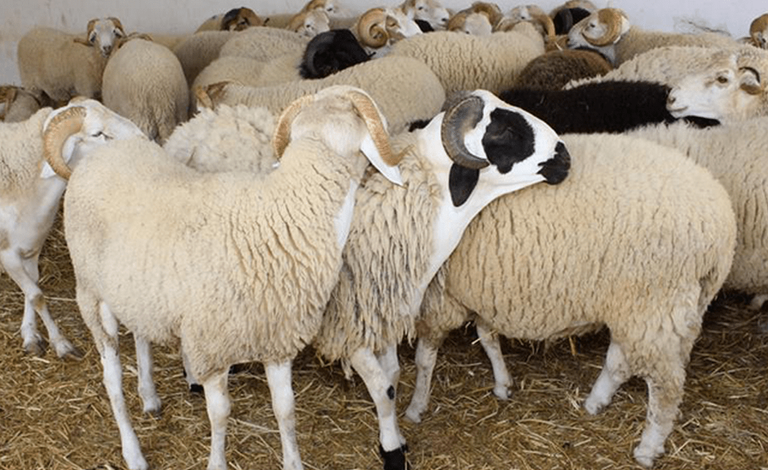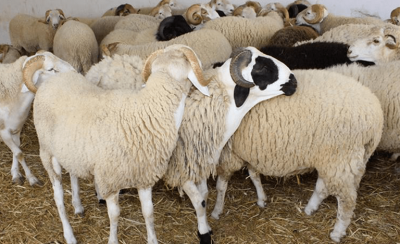With the approach of Eid al-Adha and its association with the sacrifice of different animals, the Egyptian Fatwa House has responded to repeated inquiries from Muslims regarding the preferred type of sacrifice, the distribution of the meat, and other related matters.
**Is there a preferred type of sacrifice in Islam?**
In response to the question about whether there is a preferred type of sacrifice for Eid al-Adha, the fatwa stated that scholars have differing opinions on this. The prevalent view is that the best sacrifices are sheep, followed by camels, then cattle. The fatwa reasoned this by mentioning that the Prophet Muhammad (peace be upon him) used to sacrifice rams from among the sheep, which is supported by many hadiths, including one narrated by Anas bin Malik (may Allah be pleased with him) who said: "The Prophet (peace be upon him) would sacrifice two rams, and I also sacrifice two rams."
**Is it necessary for a Muslim to sacrifice every year or is once enough for a lifetime?**
Concerning whether the sacrifice is required once in a lifetime or annually, the fatwa stated that the sacrifice is a confirmed Sunnah for those who are able to perform it every year, and that one year's sacrifice does not suffice for subsequent years, as it recurs like prayer. This is supported by the saying of the Prophet (peace be upon him): "O people, indeed every household should have a sacrifice every year."
**Is it permissible to save the meat of the sacrifice?**
Regarding saving and storing the meat of the sacrifices, the fatwa replied that it is permissible in Islamic law to store the meat of the sacrifices according to the majority of scholars, based on the statement of the Prophet (peace be upon him): "I have prohibited you from keeping the meat of sacrifices for more than three days, so keep what seems good to you."
**Regarding the hides of the sacrifices and the distribution of the meat:**
When asked about selling the hides of the sacrifices, the fatwa said it is permissible for charitable purposes, but selling parts of the sacrifice for personal benefit is generally prohibited. In response to a question on how to distribute the sacrifice, the Fatwa House indicated that it is recommended to divide the sacrifice into three parts: one-third for the person and their family to consume, one-third to give as gifts, and one-third to give in charity. If someone eats more than one-third or gives more than one-third in charity, there is no harm in that. Ibn Umar (may Allah be pleased with him) said: "The sacrifices and gifts are divided into one-third for you, one-third for your family, and one-third for the needy."
The fatwa further stated that what is meant to be divided is the meat, as that is the primary objective, which benefits those in need. As for the organs of the sacrifice, such as the liver, it is recommended to divide them, but if the sacrificer does not, there is no harm. However, regarding the head, it should not be divided; rather, it belongs to the owner of the sacrifice, who should neither sell it nor give it to the butcher as payment.
**Slaughtering in the streets**
As it does every year, the Egyptian Fatwa House reiterated its rejection of all forms of slaughtering in the streets, stating that it is not permissible to slaughter sacrifices in the streets and leave remains in public areas, as this causes harm to people and spreads diseases. If this act is coupled with violating the regulations set by the competent authorities regarding the slaughtering of sacrifices, the sin becomes greater, and the perpetrator is acting in ways that are unbefitting for Muslims.




